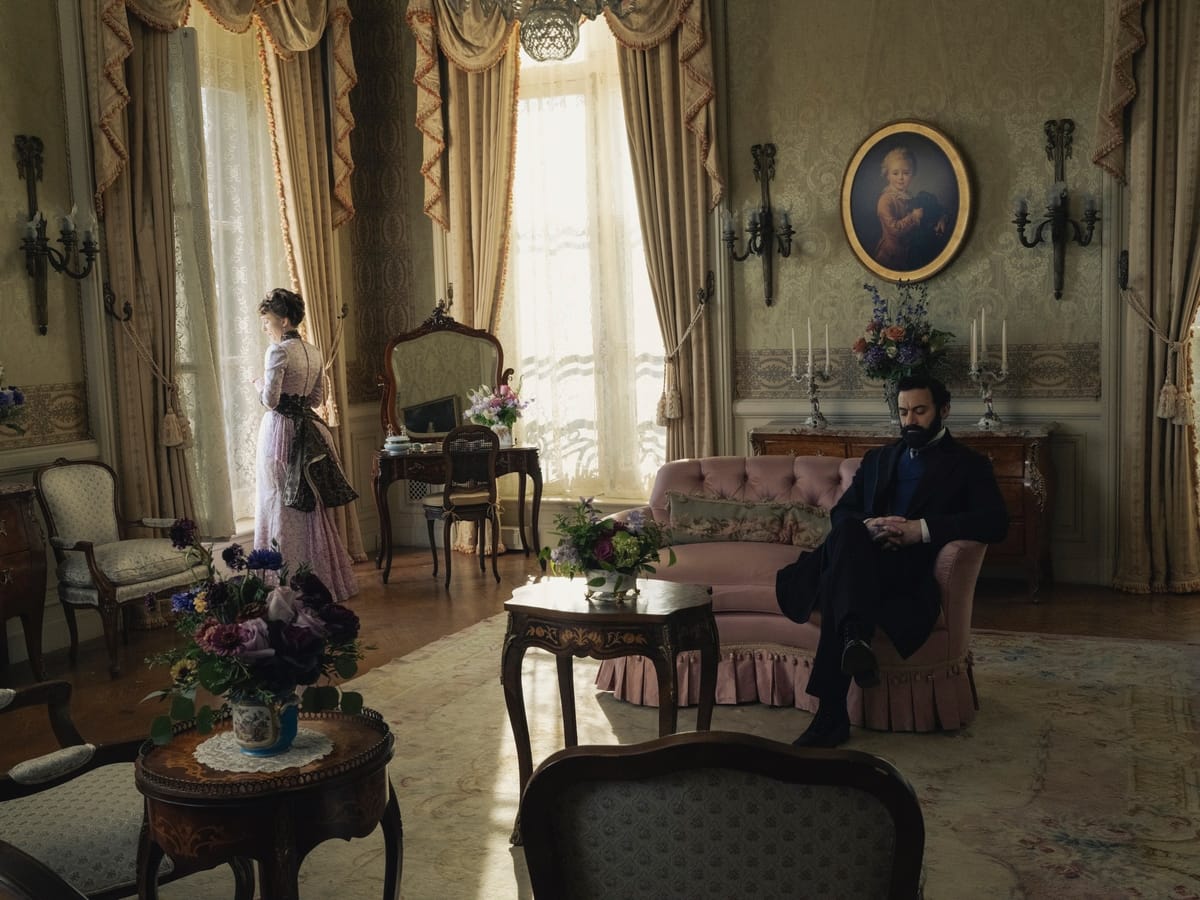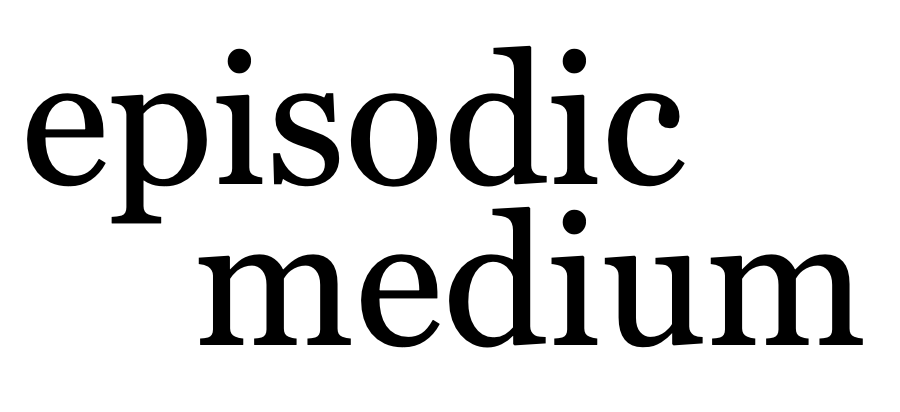Review: The Gilded Age, "What the Papers Say" | Season 3, Episode 2
Would you rather be Gladys trapped in a gilded cage, or Marian trapped in a temperance campaign?

No matter what story it’s telling, The Gilded Age (as one might expect from the titular setting) is always about the tension between the haves and have-nots. Sometimes what is had is money, sometimes social standing, autonomy, respect, or the moral high ground. As the conflicts sharpen this season, these kinds of having and not-having intersect with increasing pathos and frustration.
Let’s start with perhaps the least consequential, but most infuriating and complex of these interactions: Ada’s temperance zeal versus, well, almost everybody. Reader, I can’t be the only person who yelled at the television every time the word “pledge” came out of Ada’s mouth. Ada has the currency of righteousness, as well as the currency of actual currency. She realizes the power of the latter, or at least can’t deny that her fortune is what allows her to impose her will in the household and overrule her sister. But she is able to pretend that it’s her power of moral persuasion, not those purse strings, that governs her relationship with the servants. It’s painful to watch the servants squirm, unable to defy their mistress, left to hope against hope that Bannister is right and the matter will be dropped. (Except for Armstrong, who is happy to add sobriety to her racial puritanism.) Thank goodness for Agnes, who at least has the sisterly privilege of contradicting Ada—and for Marian, who kindly declines to sign on the grounds that it’s hard to see anything wrong in their wine at dinner or Jack’s beer after work
Ada likes to think that when she exercises the power she now has because of Luke’s money, she’s benevolently shaping lives. But how can adults, who should be able to make their own choices, fail to feel the tyranny of her moralism? Poor Oscar puts it baldly: “I have no money in any bank, no clients because I can’t be trusted, and I live with my mother and my aunt, who’s joined the Temperance League.” From our perspective, her single-minded crusade even harms herself; it’s the only lens through which she sees the world around her, and so she becomes less interesting, more strident, and more tedious to be around. Aurora Fane must feel badly used when she supports Ada’s claim for head of the van Rhijn household, only to have her wonder if Charles’s drinking is responsible for the failure of their marriage. “Lack of moral judgment is a kind of illness,” she offers to suggest that Aurora wouldn’t be lying to excuse Charles’s absence on his falling ill.



